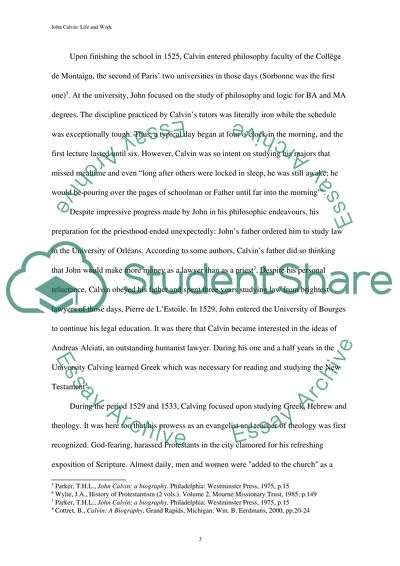Cite this document
(“A study on John Calvin Research Paper Example | Topics and Well Written Essays - 2500 words”, n.d.)
A study on John Calvin Research Paper Example | Topics and Well Written Essays - 2500 words. Retrieved from https://studentshare.org/miscellaneous/1512309-a-study-on-john-calvin
A study on John Calvin Research Paper Example | Topics and Well Written Essays - 2500 words. Retrieved from https://studentshare.org/miscellaneous/1512309-a-study-on-john-calvin
(A Study on John Calvin Research Paper Example | Topics and Well Written Essays - 2500 Words)
A Study on John Calvin Research Paper Example | Topics and Well Written Essays - 2500 Words. https://studentshare.org/miscellaneous/1512309-a-study-on-john-calvin.
A Study on John Calvin Research Paper Example | Topics and Well Written Essays - 2500 Words. https://studentshare.org/miscellaneous/1512309-a-study-on-john-calvin.
“A Study on John Calvin Research Paper Example | Topics and Well Written Essays - 2500 Words”, n.d. https://studentshare.org/miscellaneous/1512309-a-study-on-john-calvin.


